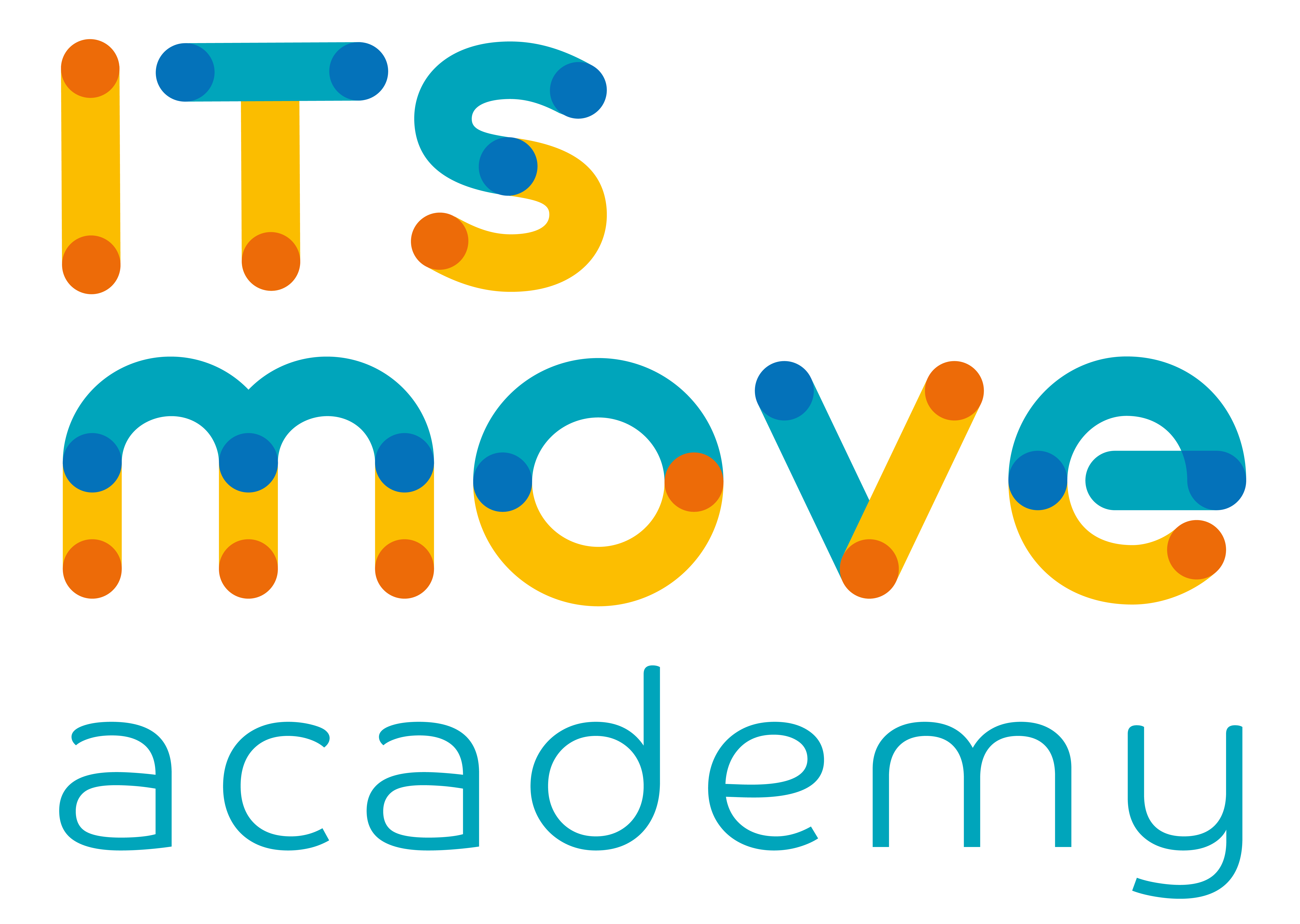L'administrative clerk is a key figure within any organisation, responsible for managing bureaucratic, accounting and organisational activities. Due to increasing digitisation and the complexity of tax and labour regulations, this profession is increasingly in demand on the market.
Becoming an administrative employee requires a mix of schooling and specific technical skills. A diploma from a technical or vocational institute is an excellent starting point, while more advanced courses, such as those offered by ITS Academies, can help you specialise and improve your career prospects.
The ITS Move Academy Commercial Administrative IFTS course in Digital office and data-driven marketing is structured to train technicians able to support companies in administrative and accounting management (general accounting and management control) and in the marketing of products and services also on an international scale with an orientation towards Digital Marketing.
The Role of the Administrative Clerk
The administrative clerk performs a range of tasks from handling correspondence to processing invoices, from filing documents to managing payroll. It is therefore essential that he/she has a thorough knowledge of company procedures and the current regulations.
The main responsibilities of an administrative clerk include:
- Management of accounting basic;
- Processing and archiving of documents;
- Issue and control of invoices;
- Management of electronic mail and the internal communications;
- Support for human resources in payroll and contract management.
In addition to these technical skills, an administrative clerk must have good organisational skills, attention to detail and the ability to work under pressure. The first step to becoming an administrative clerk is to obtain a high school diploma. The most suitable school routes are Economic Technical Institutes (ITE) and the Professional Institutes for Commercial Services. The former offer specific training in business subjects, such as business administration, law and political economy.
Professional Institutes for Commercial Services offer a more practical preparation, with courses focusing on accounting, business management and commercial law. Both provide a solid basis for a career as an administrative employee. At the same time, to increase career opportunities, it may be useful to continue their studies with technical or university training courses.
ITS Academies, for example, are post-diploma training courses that offer highly specialised technical training. For those who want to become administrative employees, attending an ITS in the administrative or management field can be a strategic choice.
These offer practical, work-oriented courses with a strong focus on business needs and include company internships, which allow students to gain practical experience directly in the field, increasing their chances of immediate employment. Among the main topics covered there are:
- Advanced accounting;
- Human Resources Management;
- Management systems and software for administration (e.g. SAP);
- Fiscal and tax regulations.
In addition to training, it is important to be able to delve into the IT and regulatory fields and to have specific skills in these areas:
1. Computer skillsadministrative management is now almost entirely digitalised. It is essential to know how to use software such as Excel, Word and business management software for accounting and archiving;
2. Knowledge of regulationsKnowledge of tax, fiscal and labour laws is crucial for administrative employees. An administrative clerk must know his way around labour, tax and contract regulations.
3. Precision and organisationadministrative employees have to manage a large amount of documents and data. A mistake in bookkeeping or paperwork management can have significant consequences;
The constant evolution of technologies and regulations makes continuous updating essential, but with the right skills and good training, this profession offers numerous opportunities for growth and stability.

Author of the article
ITS MOVE - Editor



